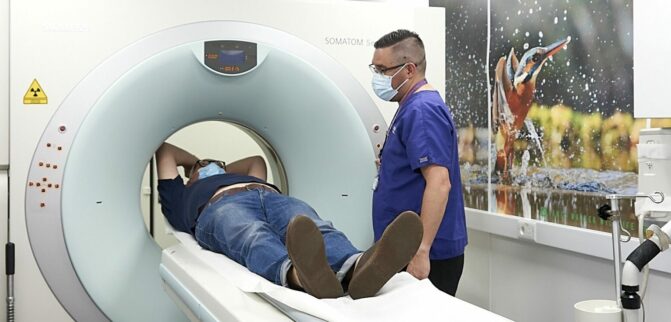Welcome to the Global Lung Cancer Coalition’s lung cancer screening resource centre
More countries around the world are considering implementing national lung cancer screening programmes to detect the disease earlier. Evidence is building of how different approaches can help to identify patients at an earlier stage, when there is a higher chance of treatment being successful.
Here you will find a range of different resources that may help you make the case for introducing a national lung cancer screening programme in your country.
You can also find out more about how lung cancer screening programmes have already been successfully set up in our questions and answers section with international lung cancer screening experts.
Click on the tabs at the top of this page or the links below to explore the different resources.











